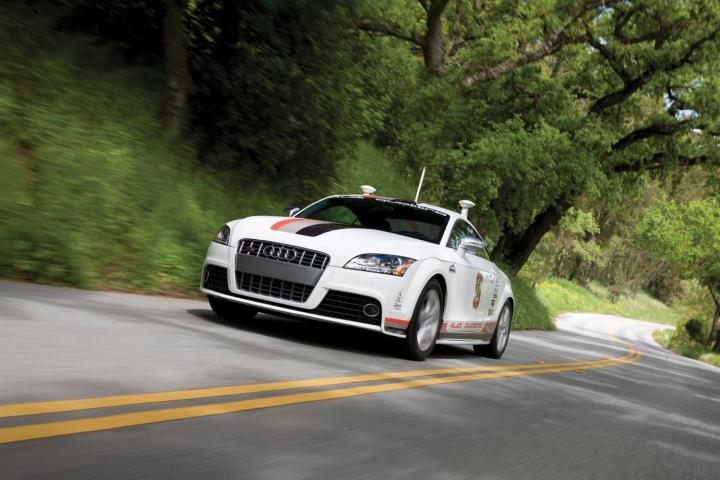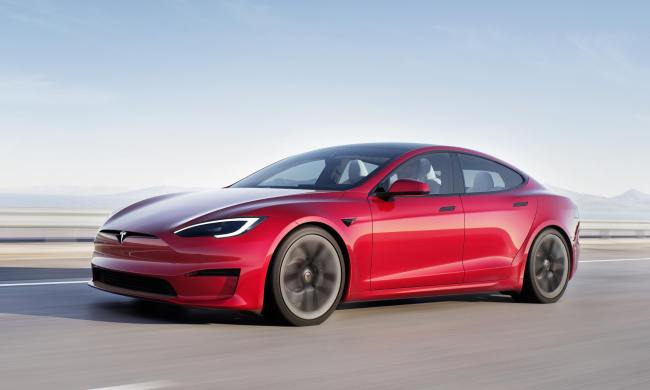
Because it’s still unclear who (or what) is at fault from a legal standpoint in the event of an accident, companies tend to avoid testing their self-driving cars in states that haven’t explicitly legalized the practice.
Now, that small group of states includes Virginia. The Old Dominion’s government is designating a stretch of public highway for autonomous-car testing, bringing the practice to the East Coast.
Roughly 70 miles of highway in northern Virginia including sections of Interstates 95, 495, and 66 have been designated the Virginia Automated Corridors, according to the Richmond Times-Dispatch (via Autoblog).
The program, which will be managed by the Virginia Tech Transportation Institute, is intended to attract companies in related industries to the state by making the testing of self-driving cars easier than in other states where it is currently legal, such as California and Nevada.
In addition to certifying test vehicles for the road, the Virginia Tech Transportation Institute will issue license plates and help provide insurance. Nokia Here will also create high-definition maps of the roads to help autonomous cars navigate.
All test cars will have to have a human in the driver’s seat at all times, and a means for immediately switching control from machine to person. That matches rules in other states that require clearly-marked kill switches and a full set of manual controls.
So far, autonomous-car testing has been mostly limited to the West Coast. Google’s self-driving cars continue to rack up miles in California, and Audi shepherded a self-driving car on a 550-mile trip from the Golden State to CES in Las Vegas earlier this year.
Could Virginia reverse that trend and make robo-cars commonplace on the East Coast? It may take awhile to find out, as the first autonomous cars aren’t expected to hit Virginia’s highways for about a year.


